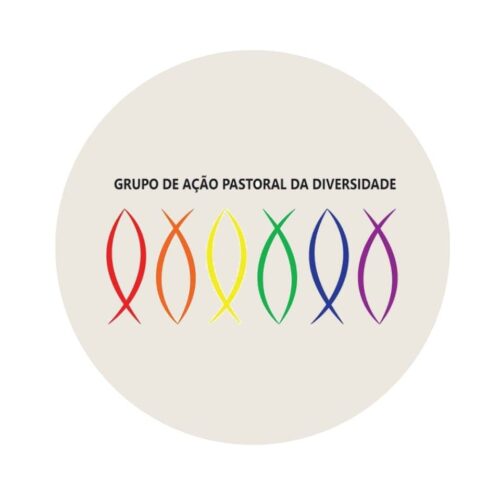This essay first appeared in our weekly Scripture reflection newsletter on October 25, 2025.
Sir 35:12-14, 16-18; 2 Tim 4:6-8, 16-18; Lk 18:9-14
You can find the readings for the 30th Sunday of Ordinary Time here.
A few weeks ago, a Jesuit friend told me that he recently met someone after Mass who was complaining about the other parishioners. “I don’t like the way that they receive Communion. And I don’t like the way that they dress,” he said. “I don’t think they’re good Catholics.” He then asked why the other people in the parish couldn’t act more like he did.
I said, “Has he ever read the Parable of the Pharisee and the Publican?”
“Right?” said my friend.
The parable forces the hearer to walk in the shoes of the criminal or the ostracized.
Today’s parable seems to tell a straightforward tale. The Pharisee (a member of a group that serves as a kind of stand-in for all of Jesus’ opponents in Luke’s Gospel) seems to be a proud man, while the tax collector (sometimes called, from the Latin, a “publican”) seems to be the humble one who prays in a self-effacing manner.
But as the New Testament scholar Amy-Jill Levine points out in her indispensable book The Misunderstood Jew, modern-day readers may be misunderstanding parts of this parable. Of course, we should not stereotype all Pharisees. And, as Professor Levine points out, there are instances—even in Luke’s Gospel—of positive portrayals of members of the group: for example, certain Pharisees host Jesus for dinner parties and warn him to stay clear of King Herod. In fact, the Pharisee in today’s parable begins his prayer by thanking God, a key component of Jewish prayer. So people in Jesus’ time would not have had the reflexive “Bad Pharisee” reaction that many contemporary Christian readers may.
The key, Professor Levine suggests, is not so much that the Pharisee is proud but that an unexpected person goes home justified: the tax collector. In those days, tax collectors were disliked not only because they colluded with Roman authorities; they were also suspected of skimming money from what they collected. So, the shock for most first-century Jews would have been less about the arrogant Pharisee (who, after all, performs the noble acts of fasting and tithing) than the unwarranted grace offered to the tax collector. “In other words,” says Levine, comparing it to a story with another tax collector, Zacchaeus, “the parable forces the hearer to walk in the shoes of the criminal or the ostracized.”
All of us are sinful in one way or another, and thus, we all are unworthy of God’s gratuitous love.
There is a final irony, which Levine calls “delicious.” It works even for contemporary audiences who may internally condemn the Pharisee. We often think after hearing this parable, “Well, at least I’m not like the Pharisee!” As a result, we end up exalting ourselves in a parable about not exalting ourselves.
Jesus is trying to encourage everyone—first-century Pharisees and tax collectors, as well as 21st-century Christians—to understand that all of us are sinful in one way or another, and thus, we all are unworthy of God’s gratuitous love.
God’s love, mercy and forgiveness are given to everyone, no matter what state of life we are in, as long as we are sincere in asking for that grace. As the First Reading from Sirach says, “The Lord is a God of justice, who knows no favorites.”
One of the keys to this parable, then, is the recognition that we’re all imperfect, all in need of God’s mercy and therefore all part of the human family. So, when we pray, we stand not apart from sinful humanity, but among it.




